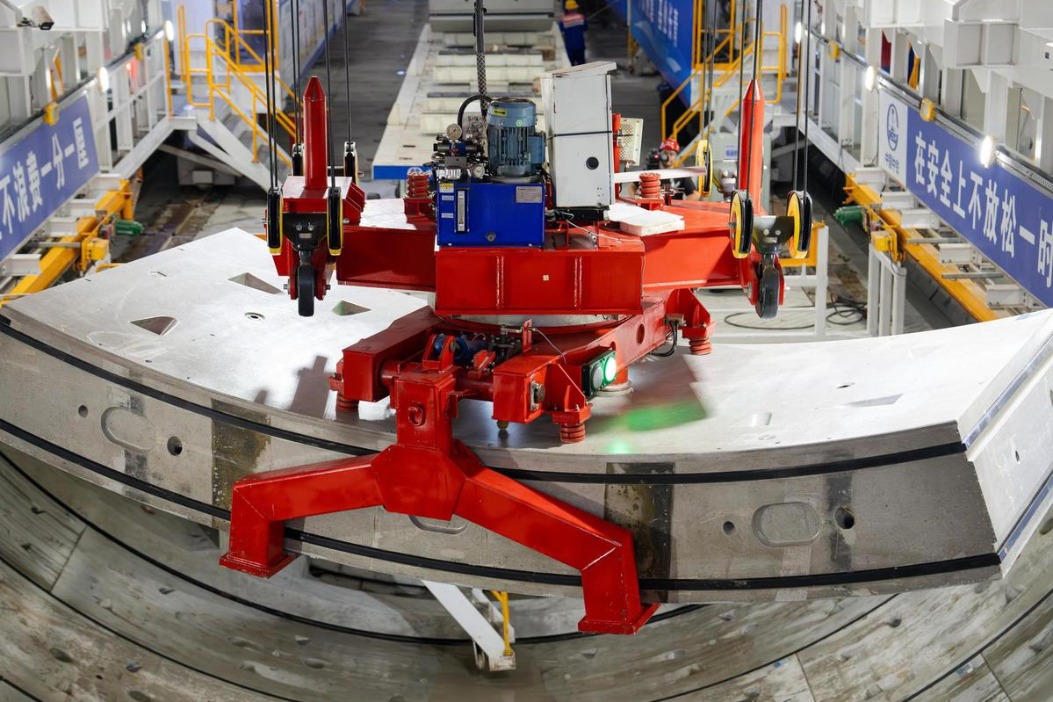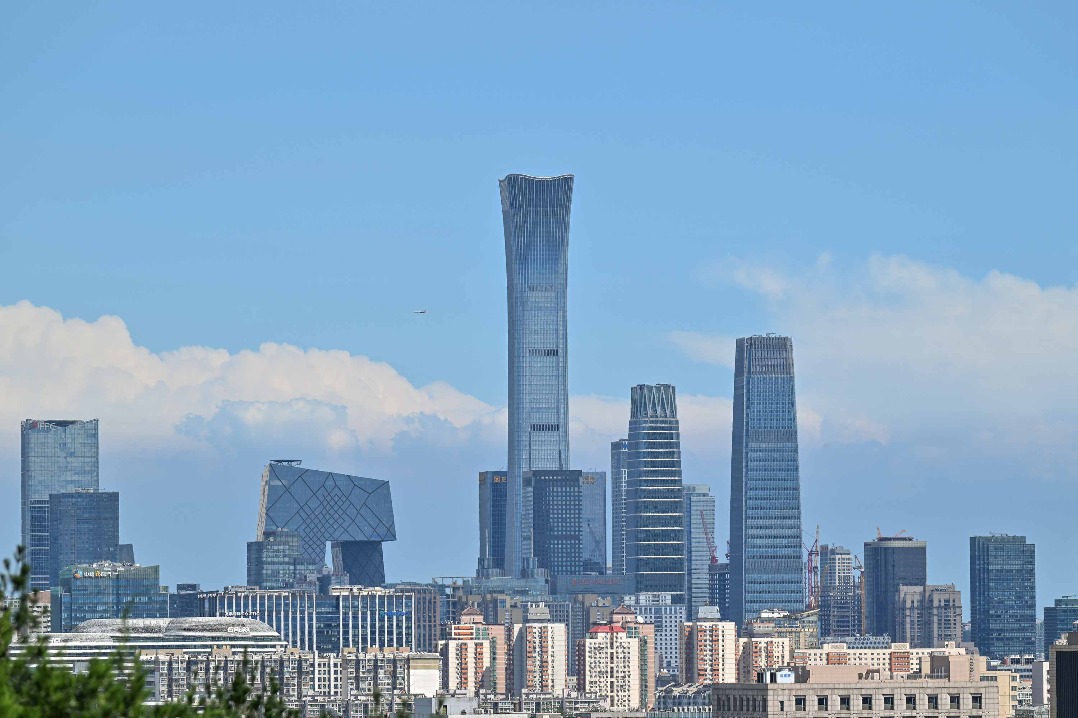Cooperation highlighted at major forum


Countries should prioritize cooperation over confrontation in addressing shared challenges like protectionism, climate change and economic slowdowns, said trade experts and political figures.
They made the remarks at the Tongzhou Global Development Forum, which was hosted in Beijing recently by Renmin University of China (RUC) and "seeks to offer practical ideas and insights for joint international development", said Lin Shangli, president of RUC.
"In the face of global issues, we need to build consensus, strengthen dialogue, confront conflict rationally and seek win-win cooperation, so as to promote the building of a community with a shared future and build a better world," said Grzegorz W. Kolodko, former deputy prime minister and former minister of finance of Poland.
Kolodko said a key reason that China's development draws global attention is its dual focus on self-growth and its active role as a major country, driving global economic progress.
Danilo Turk, former president of Slovenia and president of the World Leadership Alliance-Club de Madrid, said as globalization enters a new phase, there is a pressing need to provide new momentum for sustainable development and drive social progress.
Solly Mapaila, general-secretary of the South African Communist Party, also called for countries to rally behind the three global initiatives.
Xiao Jie, a vice-chairman of the Standing Committee of the 14th National People's Congress, said that China has fully demonstrated through its development practices and achievements that development is the most fundamental principle and the key to solving all problems.
"At present, China is advancing Chinese modernization through high-quality development, and offering new opportunities for global growth. China will continue to place its own development within the broader framework of human development and maintain close ties between its destiny and the destiny of all other peoples," Xiao said.
Amid growing global uncertainties and the convergence of multiple crises, China's innovations and advancements — such as offshore wind power equipment and electric vehicles — have made significant contributions to addressing climate change and advancing the United Nations' sustainable development goals, said Zhu Guangyao, China's former vice-minister of finance.
"At this time, however, we are witnessing trade protectionism from some countries, such as the imposition of high tariffs. This not only undermines the rules of the World Trade Organization but also poses a threat to global efforts in addressing the challenges of climate change through cooperation," Zhu said.
He also said that people should uphold the banner of peaceful development, recognizing the opportunities presented by the digital economy, although they are accompanied with significant challenges.
"It is essential to not only strengthen one's own national economic growth but also enhance international cooperation and coordination of policies under the principles of multilateralism," Zhu added.
Zheng Xinye, vice-president of RUC, released the university's latest report on global development at the forum — Humanity 2050: Comprehensive Human and Social Development.
Highlighting the challenges in the economic, environmental and social sectors, as well as potential solutions, the report also emphasizes the negative impact of technological competition and the risk of decoupling on achieving sustainable development goals.
Yin Mingyue and Tan Guoling contributed to this story.




































